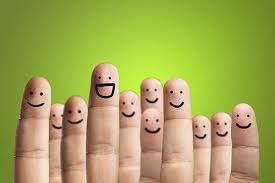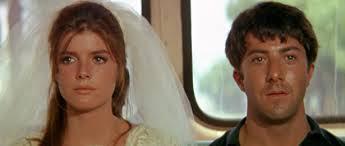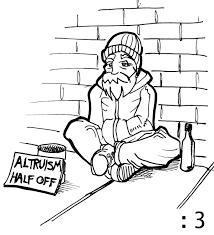Sunstein is a prominent law professor who served President Obama on how government might actually improve lives.
Whenever I encounter his name, I can’t help thinking “Cass Sunscreen;” and when I hear the word “sunscreen” I think “Cass.” This amuses me; makes me happy.
Happiness theoreticians see two very distinct aspects to it. One is experiential – how you feel while experiencing life from moment to moment. The other is evaluative – how you feel about your life as a whole. Obviously they can diverge dramatically. Suffering a toothache won’t change a feeling that life is good; enjoying a cookie won’t change a belief that your life stinks.
One of the books Sunstein reviewed is Paul Dolan’s Happiness By Design: Change What You Do, Not How You Think. A key insight concerns the salience of how you focus your attention – how much something affects your happiness depends on how much importance you give it.
And Dolan thinks the experiential aspect – how one actually feels during an experience – trumps the evaluative aspect. However, your experienced feelings are greatly influenced by the larger picture of how you see your life as a whole, and how the experience fits into it.
The evaluative aspect has traditionally been seen as worthier, emphasizing a “life well lived” of value and purpose (the Greeks’ eudaimonia), as opposed to mere animalistic pleasure or pain, associated with hedonism.
As John Stuart Mill famously queried, is it better to be Socrates dissatisfied than a pig satisfied? But “better” in what sense? This gets us back to the conundrum of what happiness really means. Dolan is on to something in suggesting that whether it’s hedonic or grounded in loftier conceptualization, what really matters is how you
feel at a given moment; and a life is just a whole lot of moments. Thus Dolan says people should trust their actual experiences over their desires or beliefs. (Daniel Gilbert’s book
Stumbling on Happiness showed we are very bad at anticipating how fulfilling our desires will actually affect how we feel.)
Sunstein notes that marriage generally gives people a big boost, but that tails off over time. While newlyweds
focus on the marriage, later “even happily married people are less likely to think, with surprise and delight, about the fact that they are married.” Well, I actually still do.
I had a hard time with the ladies, and then a very difficult twelve-year relationship. That history so shapes my psyche that I do have a permanent and continuing sense of surprise and delight at my marriage, even after 26 years. This isn’t just in the background of my consciousness, but something very much in the foreground, upon which I continuously focus. Maybe even obsessively.
My wife
But giving it such great importance does make it a big component of my happiness. Contrariwise, I try not to focus on unpleasant things, at least not until I have to.* Like death (which, paradoxically, loving life so much makes worse). But brooding about it will do me no good, so I don’t. Thus I’m truly following Dolan’s prescription: allocating my focus so as to sustain positive feelings.
Happiness studies show that most people have a built-in set-point that’s somewhat impervious to life’s vicissitudes. A good or bad episode might move the needle temporarily, but it tends to go back. Thus our ability to adapt to adversity is greater than we realize (exemplified by Viktor Frankl in the concentration camp). My own needle is set way toward the happiness end. (I did literally write the book on optimism!) Even during that long pain-filled relationship, I still felt good about life. But it sure helps now to have a fantastic wife.
However, Sunstein disputes Dolan’s central assumption that “happiness is all that matters in the end.”
He says people often do something not because it makes them happy but because they see it as the right thing to do; there are “activities that we pursue for their own sake, not our own.” I found this part of Sunstein’s essay bizarre, clueless about elementary human psychology. Surely feeling that you’re doing something that’s right or worthwhile enhances happiness. Perhaps, indeed, there’s no such thing as pure altruism, and good deeds are done only because doing them makes one feel better than not doing them (if only to avoid guilt). This could be true even for someone giving his life for others – he might not want to live with himself if he didn’t. That may be stretching the point, but Sunstein is denying the obvious – that the only thing that can matter in the cosmos is the feelings of beings capable of feeling, since every other consideration ultimately comes down to that.
And how human actions affect such feelings is the only ultimate basis for evaluating them.
(For an elaboration of the latter point, click here.)
*That applies to my personal life, but not the world. I don’t shut out unpleasant news, but strive to understand world reality.
 The concept of happiness has eternally bedeviled thinkers. Nothing is more important, but defining and understanding it is a conundrum. Cass Sunstein reviewed two recent attempts in the New York Review of Books.
The concept of happiness has eternally bedeviled thinkers. Nothing is more important, but defining and understanding it is a conundrum. Cass Sunstein reviewed two recent attempts in the New York Review of Books.






